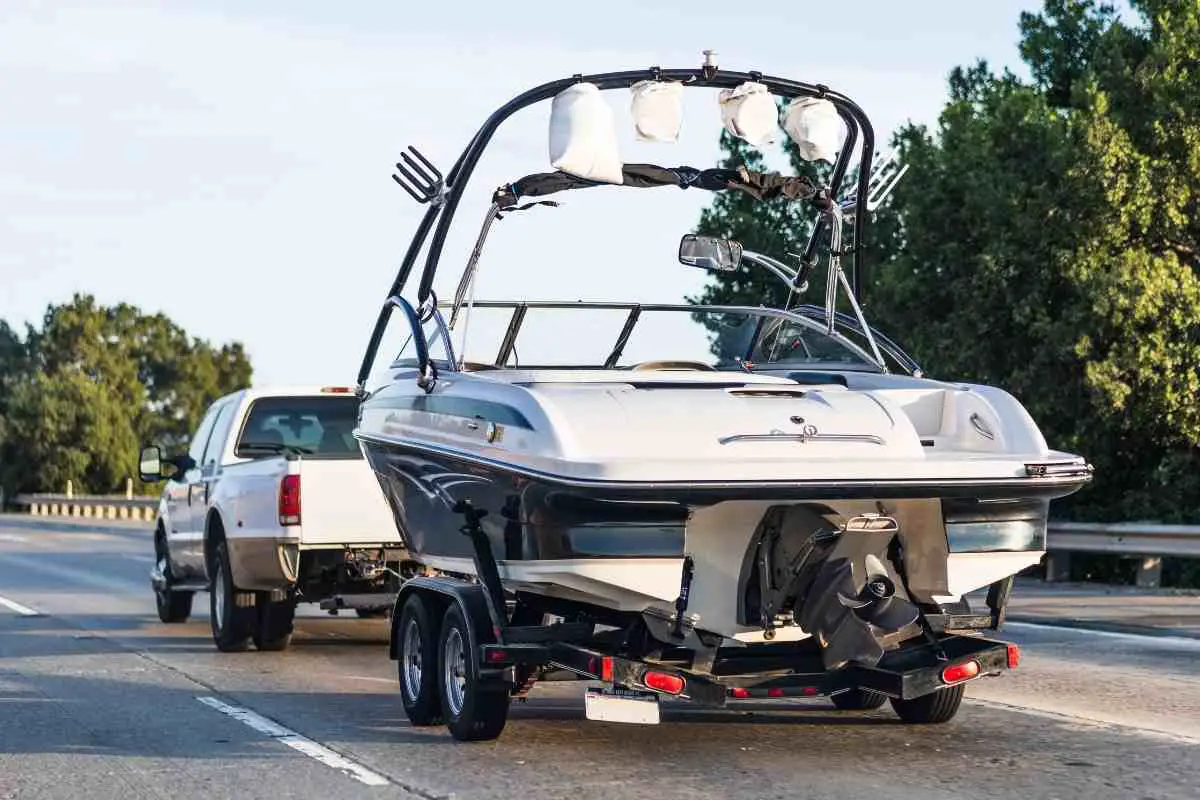Yes, it is illegal to exceed boat capacity in most jurisdictions. The boat’s capacity is determined by the manufacturer and is based on the boat’s length, width, and weight. It is important to consider the weight of the passengers when determining the boat capacity. If the passengers are overweight or obese, you may need to reduce the number of people on the boat. It is also important to consider the weather conditions when determining the boat capacity. If you are boating in rough weather, you may need to reduce the number of people on board to make the boat more stable.
Exceeding boat capacity can be dangerous. Overloading a boat can cause it to capsize, which can lead to serious injuries or death. In addition, overloading a boat can also make it more difficult to control, which can increase the risk of accidents.
If you are caught exceeding boat capacity, you may be subject to a fine or other penalties. In some cases, you may even be arrested. It is important to always obey the law and to never exceed boat capacity.
It’s a beautiful day and you’re ready to take your boat out on the water with some friends. You load up the boat, making sure everyone has a life jacket, and head out. After a few hours of fun in the sun, you notice that the boat is starting to feel a bit crowded.
You check to see if anyone is sitting on top of the coolers or taking up too much space, but everyone seems to be reasonably spread out. Despite this, the boat feels like it’s going to tip over. Is it illegal to exceed capacity on a boat?
The answer may surprise you. While there are certainly dangers associated with overcrowding a boat, there is no federal law that prohibits exceeding capacity. However, individual states may have their own regulations in place.
Additionally, most boats have capacity limitations listed by the manufacturer (which are usually based on weight). Exceeding these limits could void your warranty or insurance policy.
Yes, it is illegal to exceed the capacity of your boat. The consequences can be serious, ranging from fines to jail time. Overloading a boat can lead to capsizing, which can put everyone on board at risk of injury or even death.
So always make sure you know how many people and how much weight your boat can safely carry before heading out onto the water.

Credit: autotrader
What Happens If a Boat I Loaded Beyond Capacity?
If you overloaded your boat beyond its capacity, it would be at risk of capsizing. This is because the extra weight would make the boat top-heavy and less stable in the water. Additionally, the boat would sit lower in the water, which could make waves wash over the deck and cause flooding.
If you’re in a situation where your boat is overloaded, try to redistribute the weight as evenly as possible to improve stability. You should also avoid choppy waters and keep an eye on the weather conditions.
Can You Have More People on a Boat Than Seats?
There’s no definitive answer to this question as it depends on various factors, such as the size and type of boat, the weather conditions, and the experience of those onboard. That said, it’s generally advisable to stick to the number of seats indicated on a boat – especially if you’re inexperienced. Overloading a boat can make it difficult to control and more prone to capsizing.
Plus, if something does go wrong, there’ll be more people onboard than there are life jackets! So while you may be able to get away with having more people on a boat than seats in some circumstances, it’s always best to err on the side of caution.
What Happens If You Overload a Boat?
If you overload a boat, it will sit lower in the water and will be more difficult to maneuver. The extra weight will also put strain on the boat’s engine and could cause it to overheat. In extreme cases, an overloaded boat can capsize.
How Strict are Boat Weight Limits?
There are a few different types of weight limits that come into play when talking about boats. The first is the maximum hull loading, or the max amount of weight the boat can hold including people and gear. This is usually around 1.5 times the rated capacity of the boat.
For example, if a boat holds 4 people, the max hull loading would be around 6 people. The second type of weight limit is called the maximum persons capacity or MPC. This is how many people the U.S. Coast Guard says can safely be on board your vessel based on its size and type.
Lastly, there’s also something called maximum carry capacity which is basically how much extra weight your boat can hold on top of its MPC rating without sinking lower in the water than it’s supposed to.
So how strict are these limits? Well, technically speaking they’re not really all that strict since it’s up to each individual boater to make sure they don’t exceed them.
However, if you do happen to get caught by the Coast Guard with too many people or too much weight on board your vessel, you could be fined or even have your boat impounded so it’s definitely in your best interest to follow them!
Before You Boast About Your Truck Towing Illegally, Watch This
Is It Illegal to Exceed Boat Capacity Texas
Most people are aware that it is illegal to operate a boat while under the influence of drugs or alcohol. However, did you know that it is also against the law to exceed the capacity limit for your vessel? Depending on the size of your boat, this limit will be different.
For example, a 20-foot long vessel can typically only accommodate eight people safely.
If you are caught exceeding the capacity limit for your boat in Texas, you could be fined up to $200. Additionally, if someone is injured or killed as a result of your negligence, you could face criminal charges.
So next time you’re planning a boating trip with friends or family, make sure to check your capacity first!
Conclusion
Yes, it is illegal to exceed the capacity of your boat. The United States Coast Guard has strict regulations in place regarding the maximum number of people and weight that a vessel can hold. These regulations are in place to ensure the safety of everyone on board, and they must be followed at all times.
Violating these regulations can lead to serious penalties, including fines and jail time.
